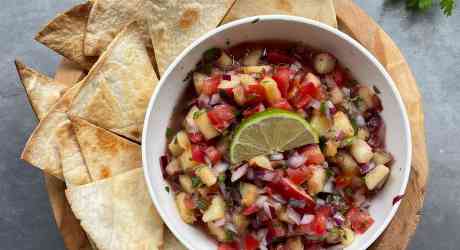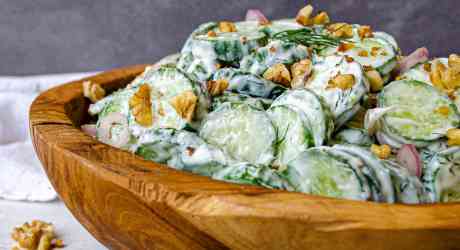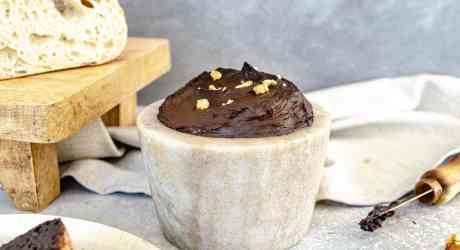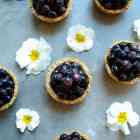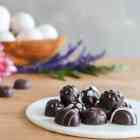Dairy-Free Coffee Creamer
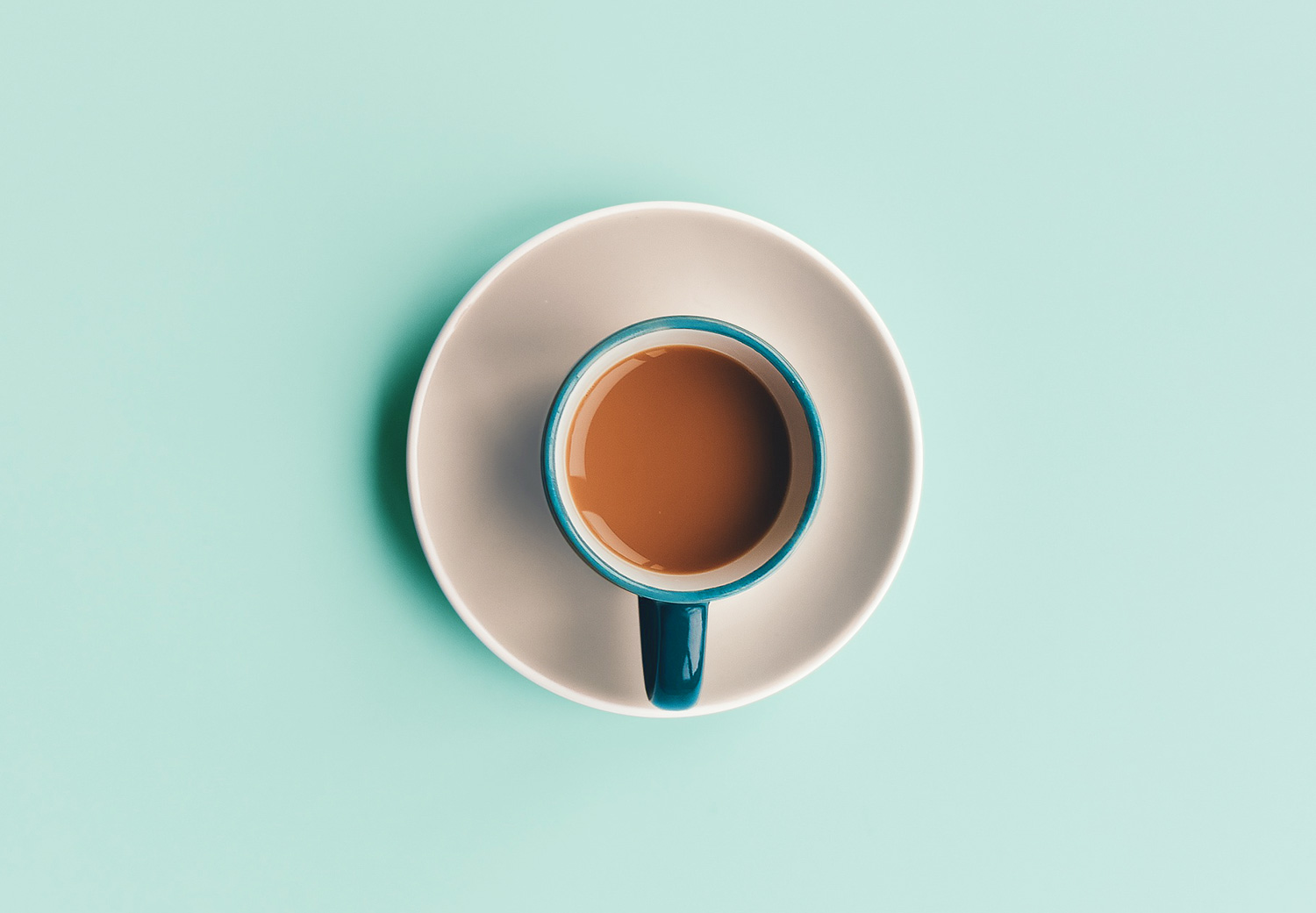
For those of you (ok, it's us!) who are not ready to say goodbye to your coffee (yet or ever), why not add something IN to it that will mitigate some of its not-so-healthy effects? Smart, right? At NeuroTrition, we’re about adding in good stuff to fight back against the bad, and this is a perfect example.
Our coffee creamer uses unsweetened almond milk, so you can avoid the lactose and casein found in regular dairy. Many people have sensitivities to these components of cow dairy, or avoid dairy for dietary preferences. Plus, dairy is just NOT a brain-loving food, plain and simple, so it's out. And if you can’t have almond milk, this recipe tastes great with rice or coconut milk, too. If you’ve done the “creamer thing” before, you know that oh-so special creamy consistency it has - well, our creamer has that too, thanks to one of our favourite ingredients, coconut cream.
One of the downer things about coffee is it's ability to promote hypoglycemia (a.k.a. low blood sugar), which makes you crave that second, third or fourth cup later in the day. This recipe uses pure maple syrup, Saigon cinnamon and real vanilla, ALL of which help to balance your blood sugar. And a stable blood sugar, ALWAYS equals a better mood! Yup, our creamer combats the hypoglycemic effects of coffee. It's brainy, that way!
So go ahead, enjoy that cup of coffee (fair trade and organic, if possible), keep it to one cup a day, drink it in the morning, sip it mindfully, and savour the creamy deliciousness.
- 2 cups unsweetened almond milk (rice and coconut milk work, too)
- 7 Tbsp organic coconut cream
- 6 Tbsp pure maple syrup
- 2 tsp Saigon cinnamon
- 2 tsp vanilla bean paste
- 1/2 tsp finely ground sea salt
- Whisk all ingredients together, except sea salt, in a 2 or 3 quart sauce pan. Whisk until you begin to see steam. Do not let this mixture come to a boil!
- Once you see steam, take the mixture off of the heat, & add in your salt. Pour the mixture into a glass bowl, and allow it to cool for about 20 minutes at room temperature.
- Once you’ve allowed it to cool, pour mixture into a leak proof storage container (I use a 1-liter mason jar). Make sure to write the date on the container (masking tape works great for this) and store it in the fridge for up to a week & a half.
PRO TIP: Allow your creamer to sit over night before using it in your coffee the next morning! This allows all those yummy flavors to really develop!

Coconut:
- The medium-chain triglycerides (healthy fats) in coconut provide an efficient source of energy for the body (the less strain on our body, the better our brain runs).
- Ketones made from the breakdown of the fat in coconut might actually have temporary effects when treating Alzheimer’s Disease by enhancing memory.
- Ketones may also improve our thinking ability so we can break through that mental fog we experience throughout the work day.
Maple Syrup:
- A newly discovered compound found in maple syrup, quebecol, was found to be associated with a reduction in pro-inflammatory cytokines (chemical messengers that initiate the immune response and jack inflammation).
- Another naturally occurring compound from maple syrup extract might be able to reduce the amount of antibiotics necessary to combat infectious bacteria, which could in turn affect brain functioning.
Vanilla Extract:
- Vanilla extract has antioxidant properties that help neutralize damaging effects of free radicals on the brain to help mental health diseases including depression.
- Vanillin, a compound found in vanilla extract, has been shown to reduce levels of inflammation in the blood (which can gain access to, and wreak havoc on the brain).
- References
-
- Ganguly, S. (2013). Health benefits of coconut in the Asian cuisines: A Review. J Biol Chem Res 2013a, 30, 517-21.
- Henderson, S.T. (2008). Ketone bodies as a therapeutic for Alzheimer’s disease. Neurotherapeutics. 5(3), 470-480.
- Cardinal, S., Azelmat, J., Grenier, D., & Voyer, N. (2016). Anti-inflammatory properties of quebecol and its derivatives. Bioorganic & medicinal chemistry letters, 26, 440-444.
- Maisuria, V. B., Hosseinidoust, Z., & Tufenkji, N. (2015). Polyphenolic extract from maple syrup potentiates antibiotic susceptibility and reduces biofilm formation of pathogenic bacteria. Applied and environmental microbiology, 81, 3782-3792.
- Menezes, V. H., Saliyan, N., Rathnakar, U. P., Acaharya, S. D., Shenoy, A., & Udupa, A. L. (2013). Evaluation of anti-inflammatory property of vanillin in carrageenan induced paw edema model in rats. International Journal of Bioassays, 2, 269-271.
- Shyamala, B. N., Naidu, M. M., Sulochanamma, G., & Srinivas, P. (2007). Studies on the antioxidant activities of natural vanilla extract and its constituent compounds through in vitro models. Journal of agricultural and food chemistry, 55, 7738-7743.
